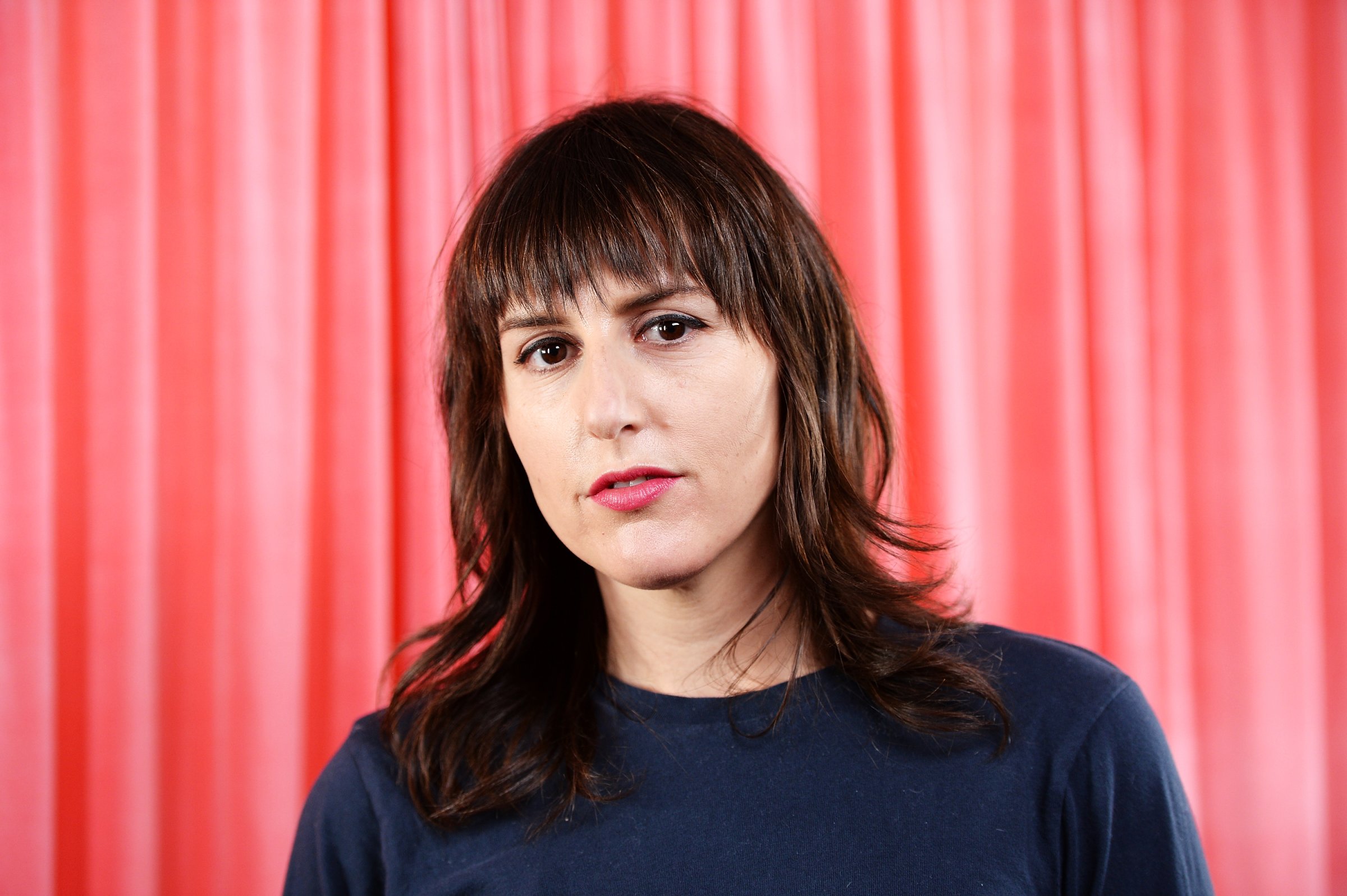
If you walked into a theater screening Before I Fall and left after 20 minutes, you’d be forgiven for thinking you’d seen a very different movie than the one you were actually watching. In the movie, Zoey Deutch plays Sam, a popular high school senior living a popular high school life. She wears cute clothes and rides shotgun to school with her pretty friends. She mocks misfit losers and zeroes in on her top priority: losing her virginity to her jerky but reliably chiseled boyfriend.
It doesn’t get much more typical-teen-movie than this. And that, says director Ry Russo-Young, is exactly the point. “The movie’s a little bit of a psych-out,” she tells TIME. The superficial quality of its opening scenes serves as a critique of superficial teen movies and as the set-up for the film’s real story: after the day ends with Sam’s death in a gruesome car wreck, she must relive the last day of her life over and over again until she finally gets it right.
Based on Lauren Oliver’s popular 2010 novel of the same name and adapted by screenwriter Maria Maggenti, Before I Fall offers an alternative rendering of teenage angst onscreen. Unlike the totalitarian threats of dystopian fantasies like The Hunger Games and Divergent, it deals with a threat at once quotidian and existential: the eclipsing of the true self by the pressures of the social hierarchy. Unlike the tidily resolved quarrels of beloved comedies like Mean Girls or Easy A, its tone is sober and its resolution is unsettling.
Russo-Young, whose last two films, Nobody Walks (2012) and You Won’t Miss Me (2009), debuted at Sundance, saw Before I Fall as an opportunity to fill a void in the teen movie canon. “As a young woman watching movies, I always felt that the films that I saw were falling short. I never felt like I saw my experience onscreen, and was always looking for models of how to be in the world.”
The director’s first step in rectifying those shortcomings: “embracing the darkness of what it means to be a teenager.” While a number of films have done this to great effect—Catherine Hardwicke’s Thirteen, Andrea Arnold’s Fish Tank, Marielle Heller’s Diary of a Teenage Girl, to name just a few—many of them have been marketed toward more adult audiences. Russo-Young’s film would be, like its source material, aimed at an audience currently experiencing the very same identity crises of its characters.
The darkness of Before I Fall begins with the themes in the script, which include bullying, teen suicide and mortality in general. But Russo-Young enhanced it with her stylistic choices: she transported the story from the Connecticut of the novel to the moody, misty, evergreen landscape of the Pacific Northwest, and she enlisted Michael Fimognari, a horror cinematographer, as her director of photography.
But offering up a corrective also meant rethinking the approach to the material itself. “I wanted to treat it completely seriously and without a sense of irony,” Russo-Young says, “to dignify the teenage experience and treat it with a lot of respect—and especially a female teenage experience.”
It’s no secret that that particular experience isn’t often addressed—in both art and criticism thereof—with the same gravitas as art that centers the adult experience—particularly that of an adult male. The letters “YA,” shorthand for the young adult genre, are often used dismissively, and the tastes of teenage girls, despite their buying power, are often condescended to as frivolous, melodramatic or unserious.
“I see the 13-year-old females that come up to me with braces,” says the director. “They look at me and they’re like, ‘This movie was so meaningful,’ and they don’t even have the words yet to be able to articulate how it’s meaningful to them.” But Russo-Young—once a teenager herself, of course—understands. Sam’s world doesn’t revolve around a boy, but around the chosen family she eats lunch with five days a week in the cafeteria. And her “hero’s journey,” as Russo-Young calls it, transcends the loss of virginity or the pursuit of popularity. It’s about something much more universal, says Russo-Young: “It’s a reckoning of the self.”
More Must-Reads from TIME
- Cybersecurity Experts Are Sounding the Alarm on DOGE
- Meet the 2025 Women of the Year
- The Harsh Truth About Disability Inclusion
- Why Do More Young Adults Have Cancer?
- Colman Domingo Leads With Radical Love
- How to Get Better at Doing Things Alone
- Michelle Zauner Stares Down the Darkness
Write to Eliza Berman at eliza.berman@time.com